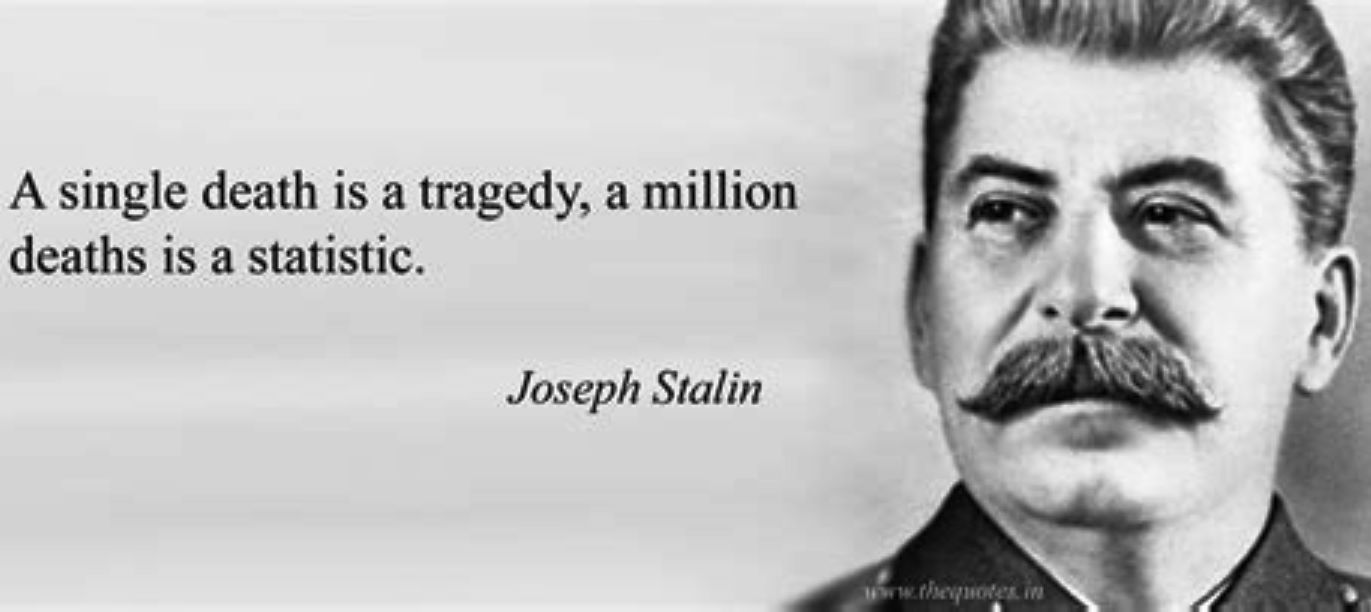This is an idea that's been floating in my head for a while. I know that they're not the same, but there were some similarities between the two, and I've seen people draw parallels between them (the terrors, degenerating into dictatorship, etc), and I was thinking of what might be necessary to have Revolutionary France do for liberal democracies what the failure of the USSR did for socialism, you know:
And have it become:
I know liberalism is more expansive than just the French Revolution, and that it could be compatible with reformist monarchies like the UK, but is it possible to have a post-French Revolution TL (or at least one with a French Revolution-analogue, if you wanna have an earlier POD) where a long lasting French "Republic" (maybe with Napoleon remaining republican, as president-for-life or something) controlling most of Europe, mired in stagnation and authoritarianism, ends up discrediting the ideas of universal suffrage, total equality, republics, etc?
Maybe having the nations like the UK remaining with property-based suffrage, and never getting past the 1832 or '67 reform acts, and placating the working class voters with one-nation conservatism, or something? And the US getting permanently stuck with segregation? Just not the truly universal liberal democracies we have today.
IDK if this scenario is plausible at all. Any thoughts?
(Also, I know there was a brief wave of reaction after Napoleon was defeated, but I'm talking about this reaction lasting permanently, to some extent anyhow. Mildly reformist monarchies are ok, just not the crowned republics of today.)
"Socialism is a utopian ideology cooked up by middle-class intelligentsia, that only results in dictatorships and mass death. Look at what happened in the USSR, with Lenin and Stalin!"
And have it become:
"Liberalism is a utopian ideology cooked up by middle-class intelligentsia, that only results in dictatorships and mass death. Look at what happened in France, with Robespierre and Napoleon!"
I know liberalism is more expansive than just the French Revolution, and that it could be compatible with reformist monarchies like the UK, but is it possible to have a post-French Revolution TL (or at least one with a French Revolution-analogue, if you wanna have an earlier POD) where a long lasting French "Republic" (maybe with Napoleon remaining republican, as president-for-life or something) controlling most of Europe, mired in stagnation and authoritarianism, ends up discrediting the ideas of universal suffrage, total equality, republics, etc?
Maybe having the nations like the UK remaining with property-based suffrage, and never getting past the 1832 or '67 reform acts, and placating the working class voters with one-nation conservatism, or something? And the US getting permanently stuck with segregation? Just not the truly universal liberal democracies we have today.
IDK if this scenario is plausible at all. Any thoughts?
(Also, I know there was a brief wave of reaction after Napoleon was defeated, but I'm talking about this reaction lasting permanently, to some extent anyhow. Mildly reformist monarchies are ok, just not the crowned republics of today.)
